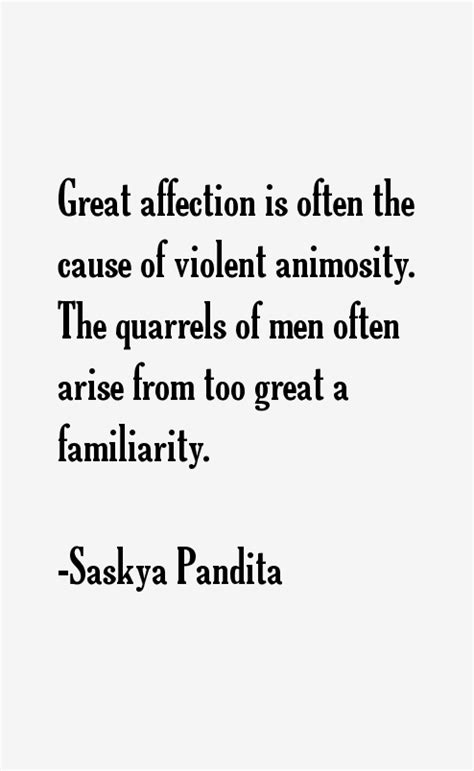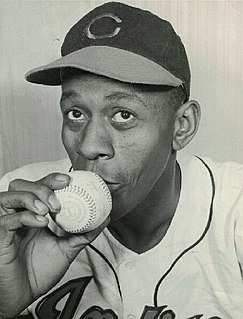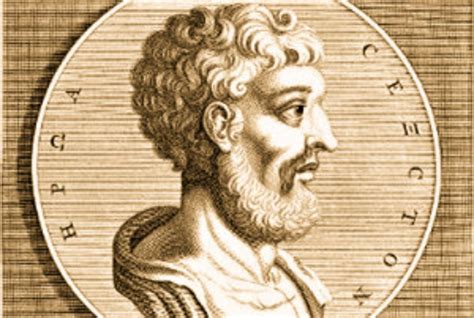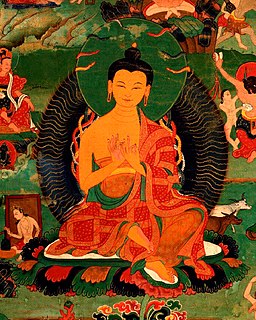A Quote by Saskya Pandita
Not to be cheered by praise, not to be grieved by blame, but to know thoroughly ones own virtues or powers are the characteristics of an excellent man.
Quote Topics
Related Quotes
Do you know this Sanskrit Shloka: "Let those who are versed in the ethical codes praise or blame, let Lakshmi, the goddess of Fortune, come or go wherever she wisheth, let death overtake him today or after a century, the wise man never swerves from the path of rectitude." Let people praise you or blame you, let fortune smile or frown upon you, let your body fall today or after a Yuga, see that you do not deviate from the path of Truth.
The Great Man... is colder, harder, less hesitating, and without fear of 'opinion'; he lacks the virtues that accompany respect and 'respectability,' and altogether everything that is the 'virtue of the herd.' If he cannot lead, he goes alone... He knows he is incommunicable: he finds it tasteless to be familiar... When not speaking to himself, he wears a mask. There is a solitude within him that is inaccessible to praise or blame.







































